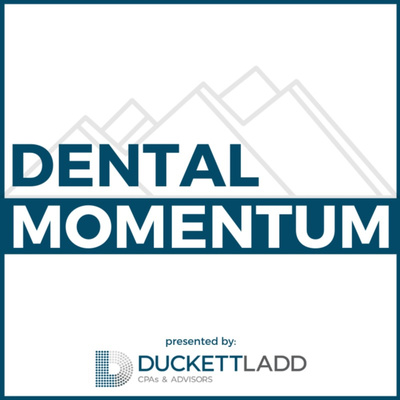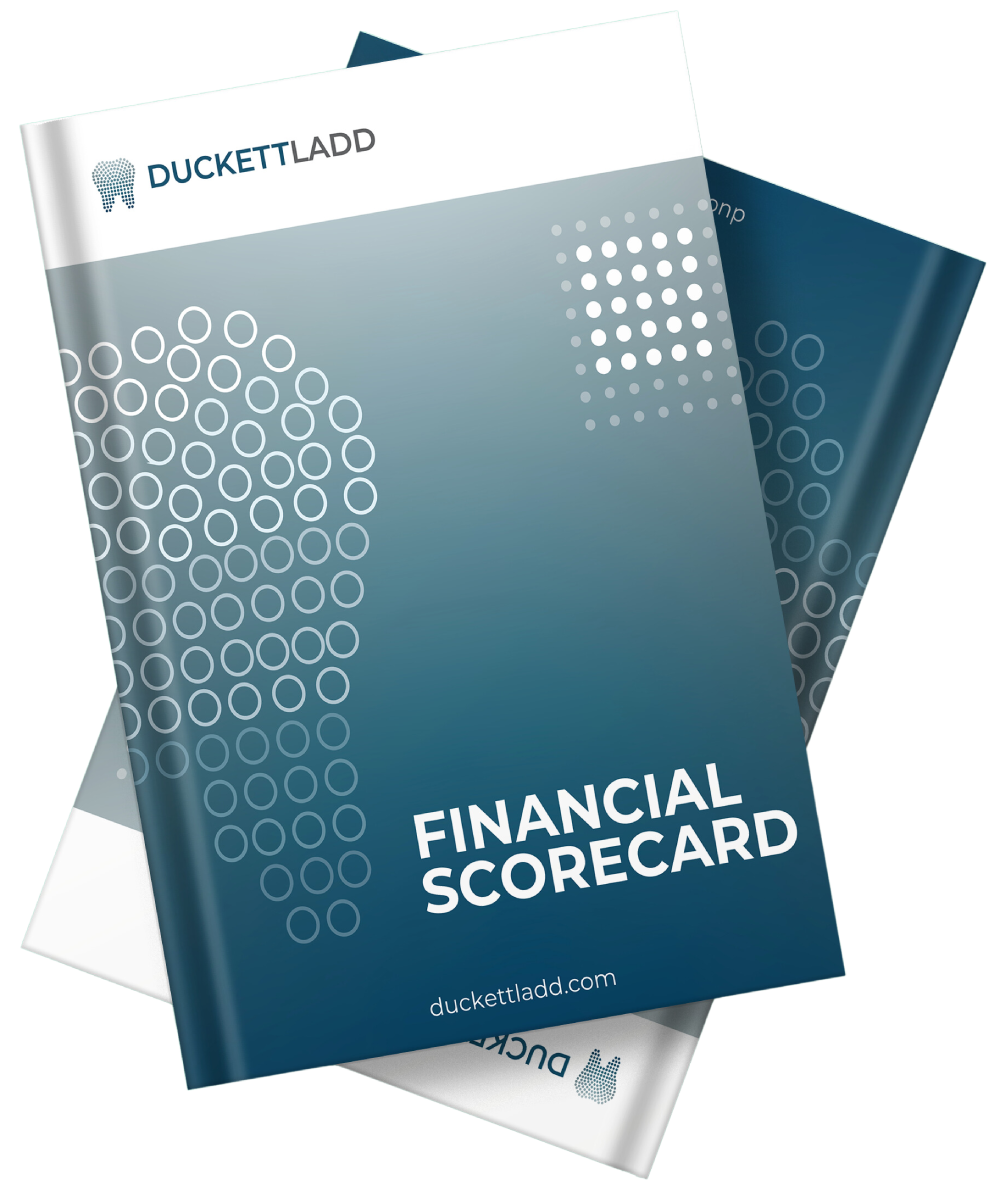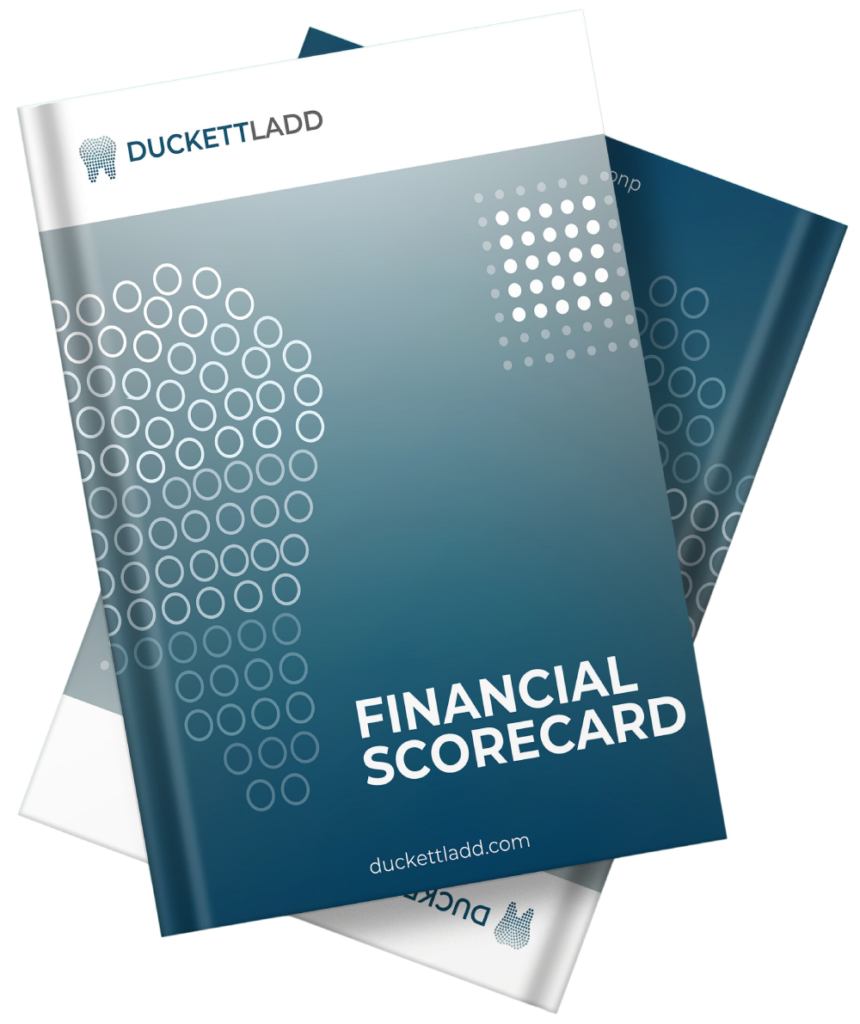Navigating the financial landscape of a dental practice can be as intricate as a root canal procedure. However, just as in dentistry, attention to detail is crucial when it comes to managing your finances. One area that often gets overlooked but can significantly impact your bottom line is tax deductions.
In this guide, we will break down the essentials of tax deductions for dentists, providing you with a roadmap to maximize your financial benefits.
Understanding Dentist Tax Deductions
Tax deductions act as a lifeline for your practice, enabling you to minimize your taxable income. For dentists, understanding the types of deductions available is paramount to making informed financial decisions.
In the realm of dental practice, common deductions fall into two categories: business-related and personal. Business-related deductions include office expenses such as rent, utilities, and supplies. On the other hand, personal deductions encompass items like student loan interest and contributions to retirement accounts.
Dentist Tax Deduction Checklist
Now, let’s dive into the nitty-gritty of deductible expenses. Building a solid understanding of these categories will serve as your compass in maximizing tax benefits.
Office Expenses
Rent or Mortgage Interest: If you own or rent a space for your dental practice, the interest on your mortgage or rent payments is deductible.
Utilities: From electricity to water, the costs associated with keeping your practice running smoothly can be included in your deductions.
Office Supplies: Basic necessities like dental tools, stationery, and cleaning supplies can also be deducted.
Equipment and Technology
Depreciation on Dental Equipment: The value of your dental equipment decreases over time. You can capitalize on this by deducting a portion of the equipment’s cost each year.
Software and Technology Expenses: Any software or technology essential for your practice, from patient management systems to diagnostic tools, can be included.
Professional Fees
Accounting and Legal Fees: Hiring professionals to manage your accounts and legal affairs is not only a wise business move but also a deductible expense.
Membership Dues and Licenses: Stay current with professional associations and licenses, and don’t forget to deduct these costs.
Continuing Education
Course Fees: Invest in your professional development by attending relevant courses. The fees associated with these educational endeavors can be deducted.
Travel and Accommodation for Conferences: If you travel for conferences or workshops, the associated expenses, including travel and accommodation, are eligible for deductions.
Employee-Related Expenses
Wages and Benefits: The salaries and benefits you provide to your staff are not only essential for maintaining a productive team but also qualify as deductible expenses.
Training Costs: Keep your team sharp and updated with ongoing training programs, and rest assured that these costs can be included in your deductions.
Maximizing Deductions through Strategic Planning
Now that you have a comprehensive list of deductible expenses, let’s discuss how timing and recordkeeping can elevate your tax planning strategy.
Timing of Expenses
When you incur deductible expenses can significantly impact your tax situation. Aim to strategically time major expenses, such as equipment purchases, to maximize deductions. Understanding the tax calendar and planning accordingly can make a difference in your financial outcomes.
Recordkeeping Best Practices
Accurate and organized recordkeeping is the backbone of successful tax planning. Utilize dedicated accounting software or tools to track expenses effortlessly. Maintain a systematic approach to storing receipts and documentation, ensuring you have a clear trail for all deductible items. This meticulous recordkeeping not only simplifies tax filing but also serves as a valuable reference for future financial decisions.
Tax Compliance and Reporting
Navigating the labyrinth of tax compliance might seem daunting, but it’s a crucial aspect of maintaining a healthy financial practice.
Overview of Tax Compliance for Dentists
Understanding the tax calendar and meeting deadlines is fundamental.It is crucial to stay updated on tax laws and regulations that may affect your practice. This will help you stay updated and ensure that you are complying with all the necessary requirements. Regularly review your financial reports to ensure accurate reporting of income and deductions.
Engaging a Professional Accountant
While managing your finances is commendable, partnering with a professional accountant can provide a strategic advantage. An accountant with expertise in dental practices can offer tailored advice, ensure compliance, and ultimately save you time and money.
Charting a Financial Course for Dental Prosperity
In conclusion, mastering your finances as a dentist involves a keen understanding of tax deductions and strategic planning. By leveraging the dentist tax deduction checklist and adopting smart financial practices, you can navigate the complexities of tax planning with confidence. Stay proactive, engage a professional accountant, and empower yourself to make informed decisions that contribute to the financial success of your dental practice. Remember, every deductible expense is a step toward optimizing your financial well-being.
If you are currently exploring ways to optimize your financial strategy through maximizing dentist tax deductions, consider partnering with a team of dental CPAs like ours at Duckett Ladd. Our services cater to dentists across the entire United States, providing expert guidance on navigating the complexities of tax planning, including the utilization of the dentist tax deduction checklist. We aim to equip you with confidence and empowerment as you enhance your financial approach. To initiate this process, delve into the details of working collaboratively with Duckett Ladd.
Disclaimer
Duckett Ladd, LLP does not provide tax, legal, or accounting advice. This content has been prepared for informational purposes only and should not be relied on for, tax, legal, or accounting advice. You should consult your own tax, legal, and accounting advisors before engaging in any transaction. Also, tax law is ever-changing, and every effort should be made to seek out the most current information. Make sure to check the date of published content to ensure the most current information.








